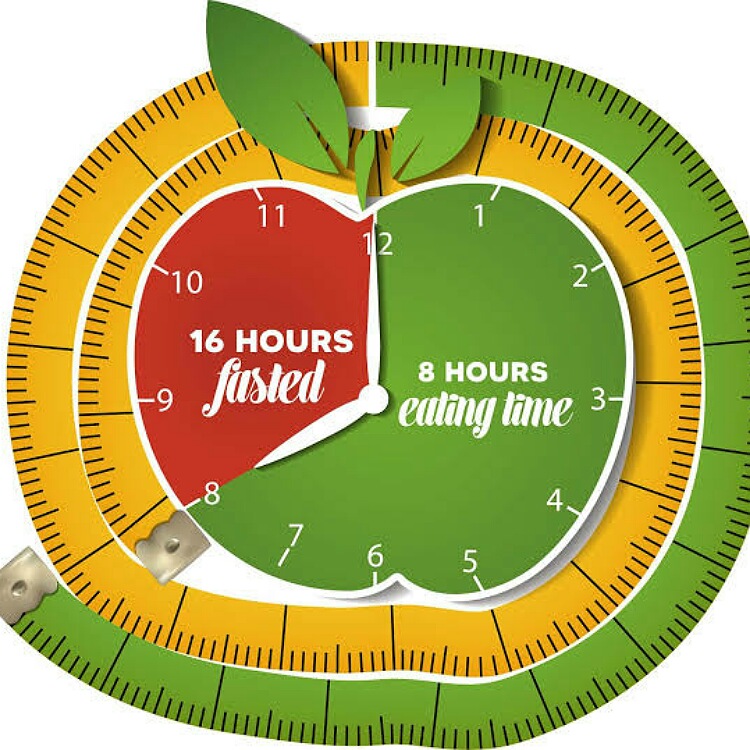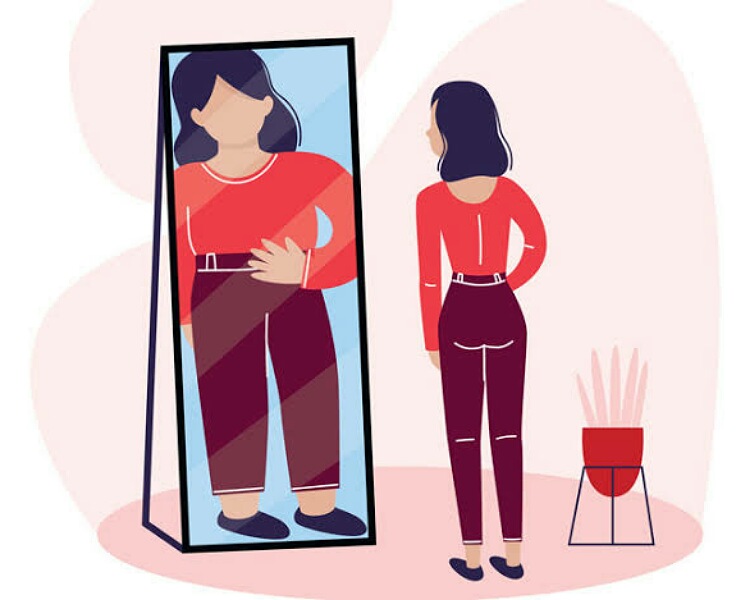Intermittent fasting in various forms is popular type of diet eating these days. People use it for weight loss or religious reasons. Some claim it has benefits for health. But a new study from Canada has shown that it can have bad repercussions. What are these side effects of this type of eating?
Intermittent fasting
Intermittent fasting is a type of fasting in which the dieter consumes food within a narrow specified period of the day and the remaining hours are for fasting.
Usually, people eat within 8 hours of the day and fast for 16 hours. The 8 hours usually are from 12 pm to 8 pm. This implies that your first meal of the day does not start until noontime. And it also means that you are skipping breakfast and only starting the day with a lunch.

This trend is common amongst weight losers. Celebrities too endorse it for health reasons. Many of them attribute their beauty and slim body to this fasting. But what applies to them might not be true for everyone. In fact, a new study has revealed that this type of fasting has dangerous side effects.
The new Canadian Study
The journal Eating Behaviors studied the eating patterns using the data from the Canadian Study of Adolescent Health Behaviors. The study group included 2762 adolescents and young adults.
And the results showed that in the past one year, 38.4 percent of men, 47.7 percent of women, and 52 percent of transgender people who are non-conforming individuals had resorted to intermittent fasting.

The research group found a strong link between intermittent fasting and disordered eating behaviors. Most of these males who fasted intermittently had compulsive exercise regimes. And female participants with fasting history were into binge eating and vomiting. Some also were obsessed with exercising. The lead author Kyle T. Ganson said:
“Given our findings, it is problematic how prevalent intermittent fasting was in our sample,”
Co-author Jason M Nagata added:
“The associations found between intermittent fasting and eating disorder behaviors are particularly salient, given the significant increase in eating disorders among adolescents and young adults since the start of the COVID-19 pandemic.”
Expert advice
Mary Curnutte from Louisville Center for Eating Disorders reveals that the study confirms what one sees in practice. She said:
“Clients often start the practice of intermittent fasting to ‘be healthy’ as this is something promoted as healthy. However, restricting our intake can lead to other extreme eating behaviors. Ignoring hunger can cause hunger to build, resulting in overeating and binge eating. These behaviors can also trigger compensatory behaviors such as over-exercise or vomiting.”

Mary continues:
“I am glad to see a study that uses a large data set to show that these associations are significant, so we can communicate to others that intermittent fasting is something to be careful about.”
Also, read What is 5:2 intermittent fasting diet? Pros and cons!
She advises people with existing eating disorder to avoid fasting intermittently or in any form. It would worsen the condition. Further, she opines that those who want to still have it should do it under supervision of a registered dietitian.
